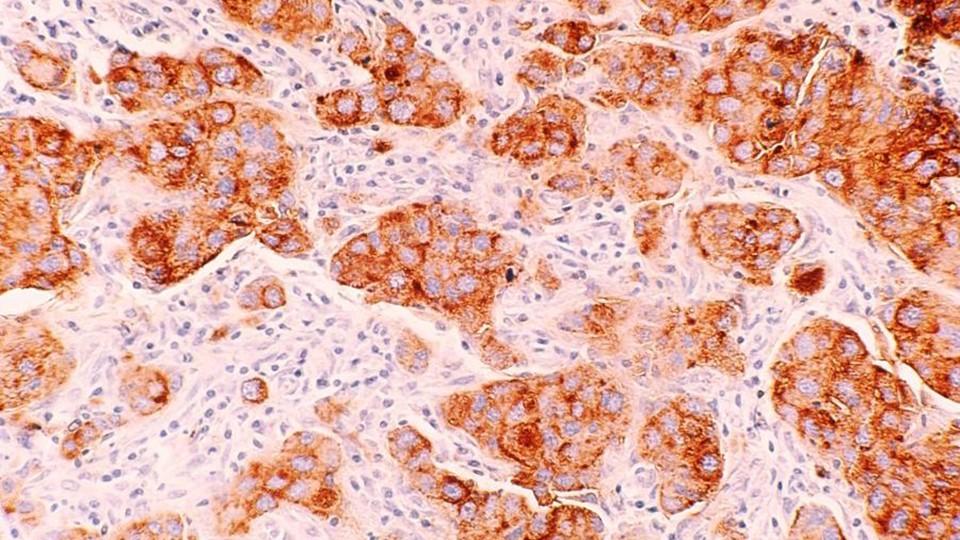Seagen posts breast cancer win ahead of Pfizer takeover

The combination of two HER2-targeting drugs – Seagen's oral Tukysa and Roche's intravenous antibody-drug conjugate (ADC) Kadcyla – has shown a benefit over Kadcyla alone as a second-line therapy for breast cancer.
While good news for patients, the results of the HER2CLIMB-02 trial are also a bonus for Pfizer, which recently agreed a $43 billion deal to acquire Seagen, focused principally on the latter company's expertise in developed ADC-based therapies.
In the study, Tukysa (tucatinib) given with Kadcyla (trastuzumab emtansine) improved progression-free survival (PFS) compared to Kadcyla plus placebo, and Seagen plans to submit the data to regulators to try to extend the approved indications for its drug. Overall survival (OS) data, a secondary endpoint, are not yet mature, according to the company.
The oral HER2 therapy was first approved in 2020 as a combination with trastuzumab and capecitabine for second-line or later treatment of adult patients with advanced or metastatic HER2-positive breast cancer untreatable with surgery, and earlier this year picked up a second indication as a duo with trastuzumab for previously-treated HER2-positive colorectal cancer.
Tukysa brought in just under $100 million in the second quarter, a rise of 11%, and approval as an add-on to Kadcyla could lend additional sales momentum for a product that until recently seemed to be running out of steam commercially. Analysts at William Blair have previously suggested that approval in the new indication could double its potential market.
One key finding in the study, according to Seagen's chief medical officer, Roger Dansey, is that adding Tukysa to the regimen showed efficacy in patients whose cancer had spread to the brain, where tumours can evade the effects of large-molecule therapeutics like ADCs.
The HER2CLIMB-02 results could also be good news for Roche, which has seen its ADC come under strong competitive pressure from AstraZeneca and Daiichi Sankyo's rival HER2 ADC Enhertu (trastuzumab deruxtecan), which outperformed Kadcyla in a head-to-head study. It remains to be seen though if Tukysa could also be combined with Enhertu to good effect.
There is one key consideration for the combination, however, and that is its tolerability. Discontinuations due to adverse events were more common in the combination arm of the trial, and Kadcyla itself already has a discontinuation rate of around 14% in this setting. Seagen said no new safety signals had emerged for the combination.
Pfizer reached an agreement to buy Seagen in March, although the Federal Trade Commission (FTC) asked for more information on the deal last month and the regulator has latterly been taking a tougher line on large-scale M&A in the pharma sector.
Photo by National Cancer Institute on Unsplash.













